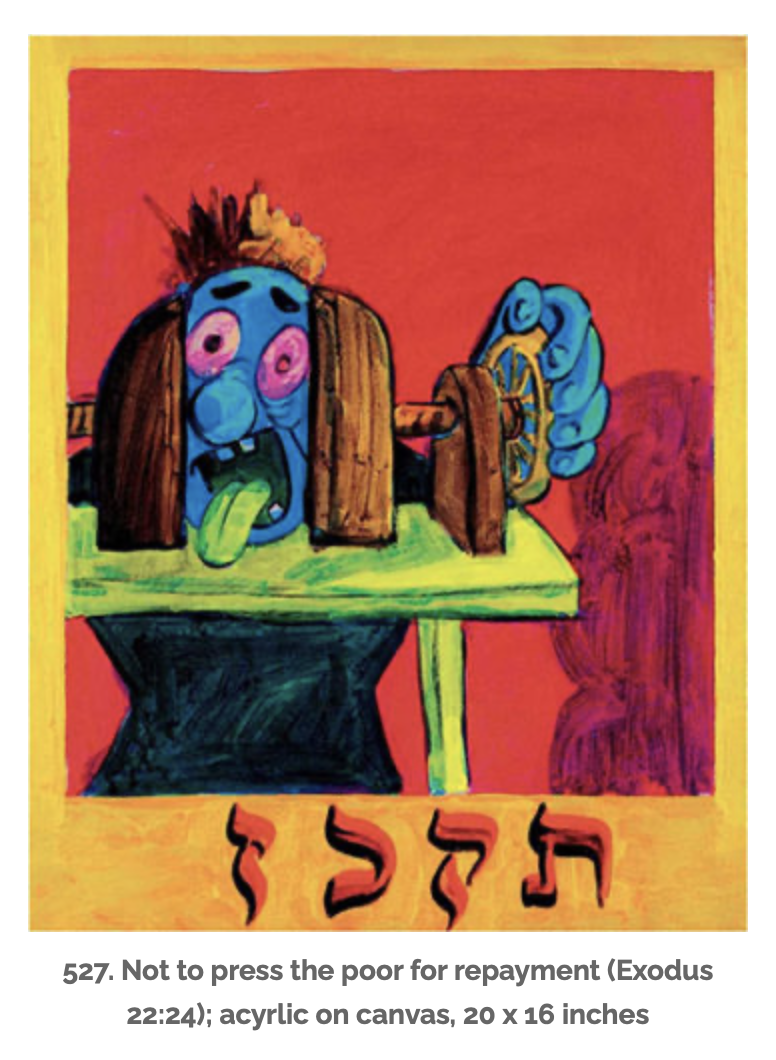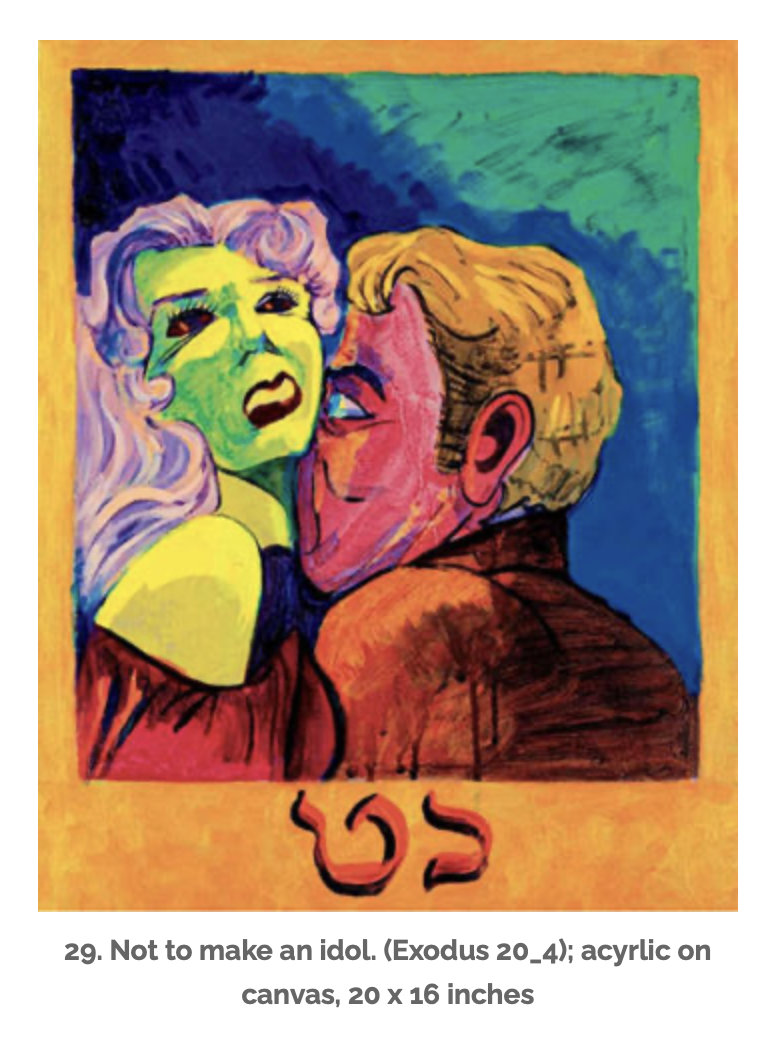Torah Study Date
Saturday, March 16, 2024
Verses Covered
Exodus (Sh’mot) 20:21-21:4
Next Session
Saturday, March 23, 2024
Starting at Exodus 21:5
Last week–when noting YHVH telling the Israelites to make an altar out of earth and to sacrifice on it and that wherever YHVH’s name is commemorated, YHVH would come to them and bless them—we discussed the idea of local gods in contrast to YHVH who comes to people where they are. YHVH comes to those who commemorate YHVH’s name. Rabbi Ben mentioned the idea of being grounded. The earthy altar and God’s presence ground us.
We discussed the idea that if the altar is made from stones, they should be uncut stones. Perhaps this is because, as some of our medieval commentators suggest, cut stones suggest violence. Or maybe it is because uncut stones are simple—a simple altar made of earth or a simple altar of uncut stones. Cutting them, we noted YHVH says, profanes the altar. We also noted the prohibition of ascending by steps to the altar because doing so would expose nudity. We discussed the idea of seeing under their cloaks and that they might not have had underwear or that they had minimal underwear. The prohibition suggests modesty.
We started Parshat Mishpatim. Mishpatim are judgments (some say laws or ordinances). We talked about going from the thunder and lightning of the mountain down to a list of judgments or ordinances. R. Sara stressed the idea of going up to God and then down to each other or binging the experience of God down to our relation to other people. She also mentioned going from a suzerain treaty to a law code. We discussed the idea of liberating a bought Hebrew slave after the slave had worked for six years. We discussed the fact that the slavery discussed is different than the chattel slavery practiced in the U.S. It’s more like indentured servitude. Torah, R. Sara mentioned, does not seem to be bothered by slavery per se but does circumscribe it. Limits are set to slavery.
We noted that if the slave comes alone, the slave leaves alone and if the slave has a wife, he leaves with his wife while if the master gives the slave a wife, then the wife and any children stay with the master. If, however, the slave says he loves his master, his wife and his children–and does not what to be liberated–then he can continue permanently serving the master.
Our artwork this week is two more paintings from Archie Rand’s The 613, Not to Press the Poor for Repayment (above) and Not to Make an Idol (below). In one, a person’s blue head is pressed in a vise (above) while in the other a woman’s head is pressed by a man’s red face against her jaw and neck.


